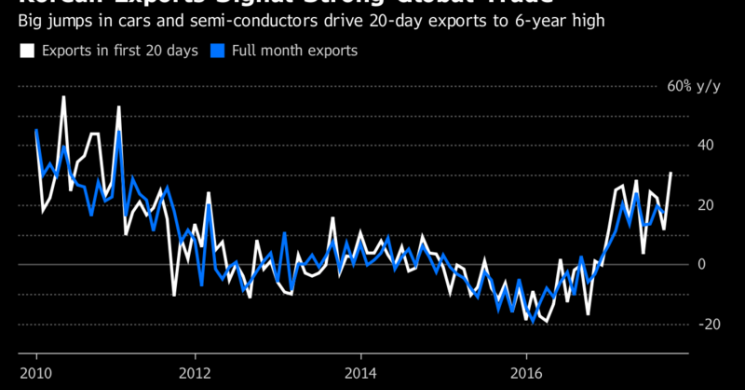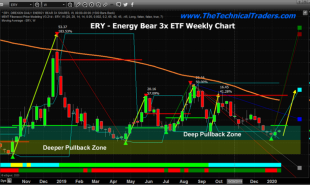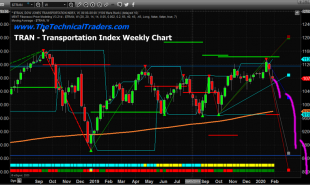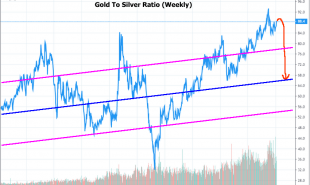
Forward Guidance
A hawkish Fed, the Bank of Japan has a surprise dove, and Puerto Rico is devastated by Hurricane Maria.
Fed lifts dollar
Yesterday’s Federal Reserve announcement that it would start shrinking its balance sheet in October, as expected, and projections for an interest-rate increase by the end of the year helped push the dollar higher and lifted benchmark Treasury yields. In her press conference, Chair Janet Yellen dubbed the fall in inflation this year -- now below the Fed’s 2 percent target -- a “mystery.”
Bank of Japan’s dove
Overnight, the Bank of Japan kept monetary policy unchanged, with a surprise dovish dissent in the 8-1 vote as newly-appointed Goushi Kataoka said that policy needed to be more accommodative to reach the bank’s inflation target by 2019. The divergence between the Fed and the BOJ pushed the yen lower, with the currency trading at 112.40 per dollar by 5:25 a.m. Eastern Time. Westpac Banking Corp and National Australia Bank Ltd. see it weakening past 113 in the coming days. Elsewhere in Asia, S&P Global Ratings downgraded China’s sovereign rating to A+ from AA-, citing the country’s credit growth as a risk to the economy.
Hurricane Maria
The entire island of Puerto Rico was left without power after the U.S. territory was battered by Hurricane Maria. Chuck Watson, a disaster modeler at Enki Research in Savannah, Georgia, said that damage may amount to $30 billion. Maria, now a category 3 hurricane, is expected to move away from Puerto Rico over the next several hours. The island -- which sought protection from creditors in May after a decade of economic decline -- is not well positioned financially to rebuild without outside help.
Markets mixed
Yesterday’s Fed move elicited a muted reaction in equities, with the S&P 500 Index closing less than 0.1 percent higher. Overnight, the MSCI Asia Pacific Index fell 0.7 percent, while Japan’s Topix index rose 0.1 percent helped by the weakening yen. In Europe, the Stoxx 600 Index had gained 0.2 percent by 5:45 a.m. while S&P 500 futures slipped slightly. The 10-year Treasury yield was at 2.269 percent and gold dropped to below $1,300 an ounce.
Coming up…
It’s Thursday, so weekly initial jobless claims figures for the U.S. are due at 8:30 a.m., with 302,000 expected as effects from the recent hurricane have started appearing in the data. In Europe, the ECB is holding a conference on inflation, while President Mario Draghi is due to speak at a separate event at 9:30 a.m. ET.
- The global economy is set to grow at the fastest pace since 2011.
- Nicaragua joins Paris Accord, leaving Trump alone with Syria.
- OPEC’s oil revival might not last.
- Barcelona braces for sustained protests after raids on officials.
- Beat or miss? MiFID will make it harder to tell on earnings day.
- Europe is designing a new particle collider, three times larger than the LHC.
- The search for facts in a post-fact world.
And finally, here’s what Joe’s interested in this morning

Goldman Sachs once referred to South Korean trade data as the "canary in the coalmine" because its economy is acutely sensitive to changes in the global trade picture while the country publishes export figures earlier than most. In light of that, here's some good news: Korean export growth is at a six-year high. As Bloomberg's James Mayger points out, trade to major destinations through the first 20 days of the month is on a tear, including a 40 percent jump in the value of shipments to the European Union, and a 36 percent increase in those to the U.S. One of the big themes of the year has been synchronized global growth: the notion that, for basically the first time since the crisis, all the big economic regions are showing solid expansion. This Korean trade print is a strong indication that the momentum continues.

Read more by MarketSlant Editor







